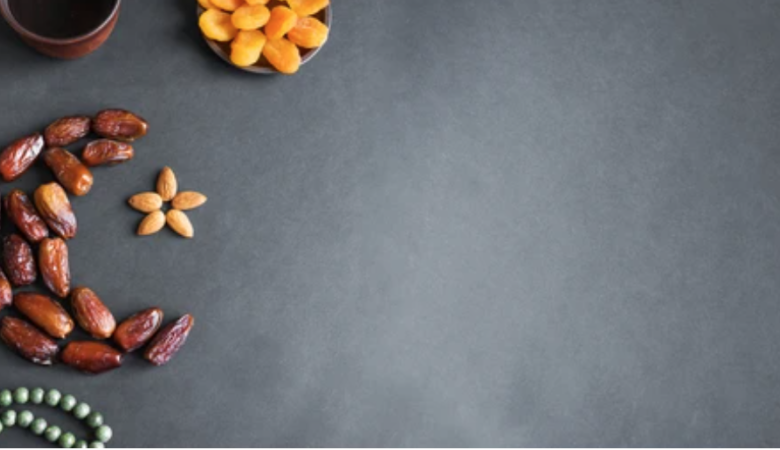Exploring four optimal diets during Ramadan

Ramadan, the holiest month in the Islamic calendar, is a period of fasting, reflection, and spiritual growth for Muslims worldwide.
While observing the fast from dawn to sunset, individuals pay careful attention to their dietary choices during Suhoor (pre-dawn meal) and Iftar (meal to break the fast). To ensure sustained energy levels, optimal health, and well-being throughout Ramadan, selecting the right diet is essential.

Best four optimal diets during Ramadan 2024
Balanced Mediterranean Diet
The Mediterranean diet is renowned for its emphasis on whole foods, including fruits, vegetables, whole grains, legumes, nuts, seeds, and healthy fats, such as olive oil.
This diet is rich in antioxidants, vitamins, and minerals, offering numerous health benefits. During Ramadan, adopting a balanced Mediterranean diet can provide sustained energy, promote satiety, and support overall well-being.
Incorporating lean protein sources, such as fish and poultry, along with moderate portions of dairy products, adds variety and ensures adequate nutrient intake.
High-Protein Diet
A high-protein diet focuses on increasing protein intake while moderating carbohydrate and fat consumption. Protein-rich foods, such as lean meats, poultry, fish, eggs, dairy products, legumes, and tofu, are prioritized to support muscle maintenance, repair, and satiety.
During Ramadan, incorporating a high-protein diet can help individuals feel fuller for longer periods, reducing the risk of overeating during Suhoor and Iftar.
Additionally, protein-rich meals promote muscle preservation and support physical performance during fasting hours.
Plant-Based Vegan Diet
A plant-based vegan diet emphasizes whole, minimally processed plant foods, excluding all animal products. This diet is rich in fiber, vitamins, minerals, and phytonutrients, offering numerous health benefits, including improved heart health, weight management, and reduced inflammation.
During Ramadan, adopting a plant-based vegan diet can provide a wide array of nutrient-dense foods, such as fruits, vegetables, whole grains, legumes, nuts, and seeds.
Plant-based meals promote digestion, enhance satiety, and support overall health while aligning with the principles of compassion and sustainability.
Low-Glycemic Index (GI) Diet
The low-glycemic index (GI) diet focuses on consuming foods that have a minimal impact on blood sugar levels.
This diet prioritizes low-GI foods, such as non-starchy vegetables, legumes, whole grains, nuts, seeds, and lean proteins, while limiting high-GI foods, including refined grains, sugary snacks, and processed foods.
During Ramadan, following a low-GI diet can help stabilize blood sugar levels, promote sustained energy, and reduce cravings for sugary foods. Choosing complex carbohydrates and fiber-rich foods supports digestive health and enhances feelings of fullness, preventing fluctuations in energy levels throughout the fasting period.










